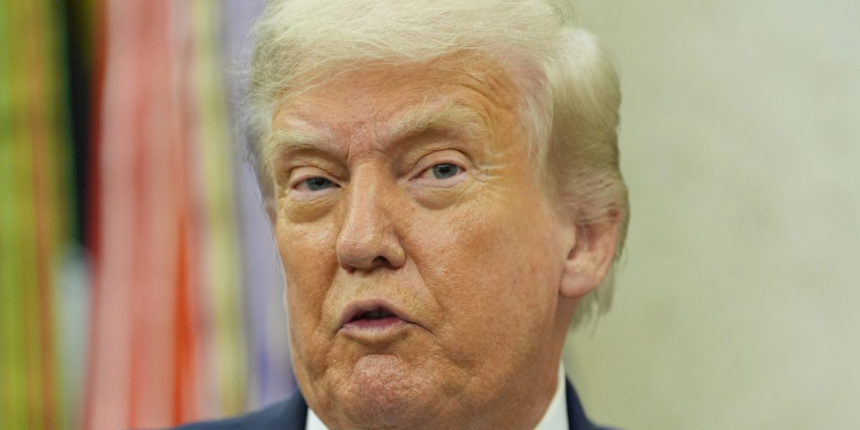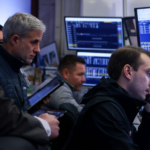Investors seemed to interpret the potential tariff exemptions as a positive for Apple and other major tech companies that have been making huge financial commitments to manufacture more chips and other components in the U.S..
Now the question is whether the deal brokered between Cook and Trump will be enough to insulate the millions of iPhones made in China and India from the tariffs that the administration has already imposed and reduce the pressure on the company to raise prices on the new models expected to be unveiled next month.
Wall Street certainly seems to think so. After Apple’s stock price gained 5% in Wednesday regular trading sessions, the shares rose by another 3% in extended trading after Trump announced some tech companies won’t be hit with the latest tariffs while Cook stood alongside him.
Inquiries sent to chip makers Nvidia and Intel were not immediately answered. The chip industry’s main trade group, the Semiconductor Industry Association, declined to comment on Trump’s latest tariffs.
Demand for computer chips has been climbing worldwide, with sales increasing 19.6% in the year-ended in June, according to the World Semiconductor Trade Statistics organization.
Since taking over from Biden, Trump has been deploying tariffs to incentivize more domestic production. Essentially, the president is betting that the threat of dramatically higher chip costs would force most companies to open factories domestically, despite the risk that tariffs could squeeze corporate profits and push up prices for mobile phones, TVs and refrigerators.
—
Liedtke reported from San Ramon, California.









